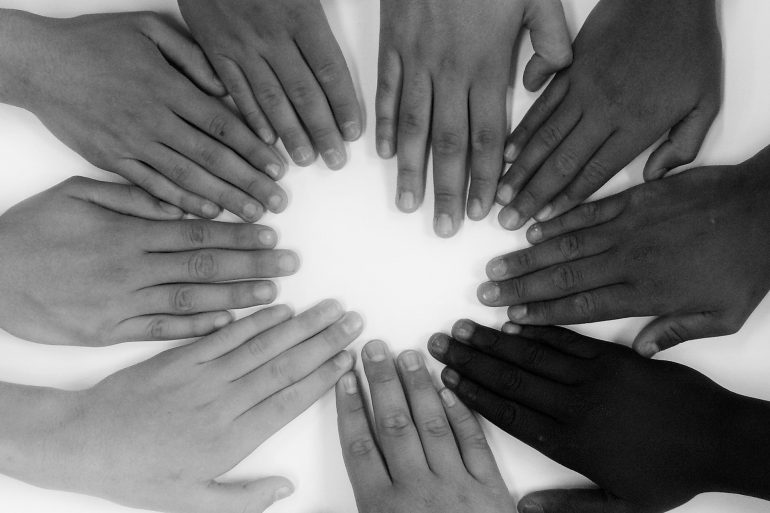What are your Fundamental Rights?
How does the Constitution protect you? What are your fundamental or basic rights?
[1] The Constitution contains important provisions
Some protect your personal rights. What are those rights?
[2] The first is in Article 5
This is called ‘individual freedom’.
It states that ‘a person shall not be deprived of his life or personal liberty except in accordance with law’.
If a person is punished for a minor crime, the punishment must be proportionate to the crime he committed (proportionate punishment).
For example, a man cannot have his hands cut off because he has stolen money, whether it is a small or large sum of money.
Punishment should be limited to imprisonment, in accordance with criminal laws.
[3] Article 5 also speaks of the ‘right to life’
Courts have interpreted the phrase, ‘right to life’ as a person’s ‘right to livelihood’: ‘Right to life is right to livelihood.’
[4] What does ‘right to livelihood’ mean?
It is your right to work peacefully and comfortably in your place of work.
And your salary must be acceptable in law. Or you could choose to carry on an income-generating business.
No one can take that right away from you.
[5] Article 8 is concerned with ‘Equality’
It says that ‘all are equal before the law and all are entitled to equal protection under the law’.
What this means is the law should protect everyone equally.
Every person accused of a crime must be treated in the same way.
If a person is born in Pahang, no one can stop him from working in Kuala Lumpur.
A person born in Sabah is allowed to work in Kuala Lumpur.
He cannot and should not be prevented from buying, owning, or selling land, starting a business, or having a career on the grounds that he belongs to a particular religion or race or is from any particular state.
For example, when your electricity bill [Tenaga Nasional Bil] is sent to you, it doesn’t matter what race you are: you pay your bill based on how much electricity you have used.
[6] Article 9: Freedom of Movement
According to this right, you can travel freely from any state within Malaysia.
And when you pick up your car and leave Klang to visit relatives in Ipoh, no one can stop you at the border of Selangor.
However, if you have broken criminal laws, the police may detain you from moving about freely.
[7] Article 10: Freedom of speech, assembly, and association
Article 10 states that ‘anyone can form or participate in any association [or party].’
You can join any society, political party, or other organization.
However, Parliament has the right to control it. For example, Parliament can make laws criminalising membership in criminal gangs.
You can speak freely subject to certain limitations that might disrupt racial or religious unity.
‘Freedom of Religion’: Article 11 states ‘Everyone has the right to practice his or her religion’.
Every religion has the right to manage its own religious affairs. Neither Parliament nor the Government can stop a person from peacefully practicing.
[8] Right to Education
‘There shall be no discrimination of any kind towards any child on the basis of religion or race in education. Government-aided public education centres or schools shall not be prevented from teaching students in any school.
And access to education is usually provided free of charge.
[9] Finally, Article 13 protects your property rights
The constitution says that no one can take your land, property, or belongings away from you.
I hope I have given you a small glimpse into how the Federal Constitution protects your rights.





